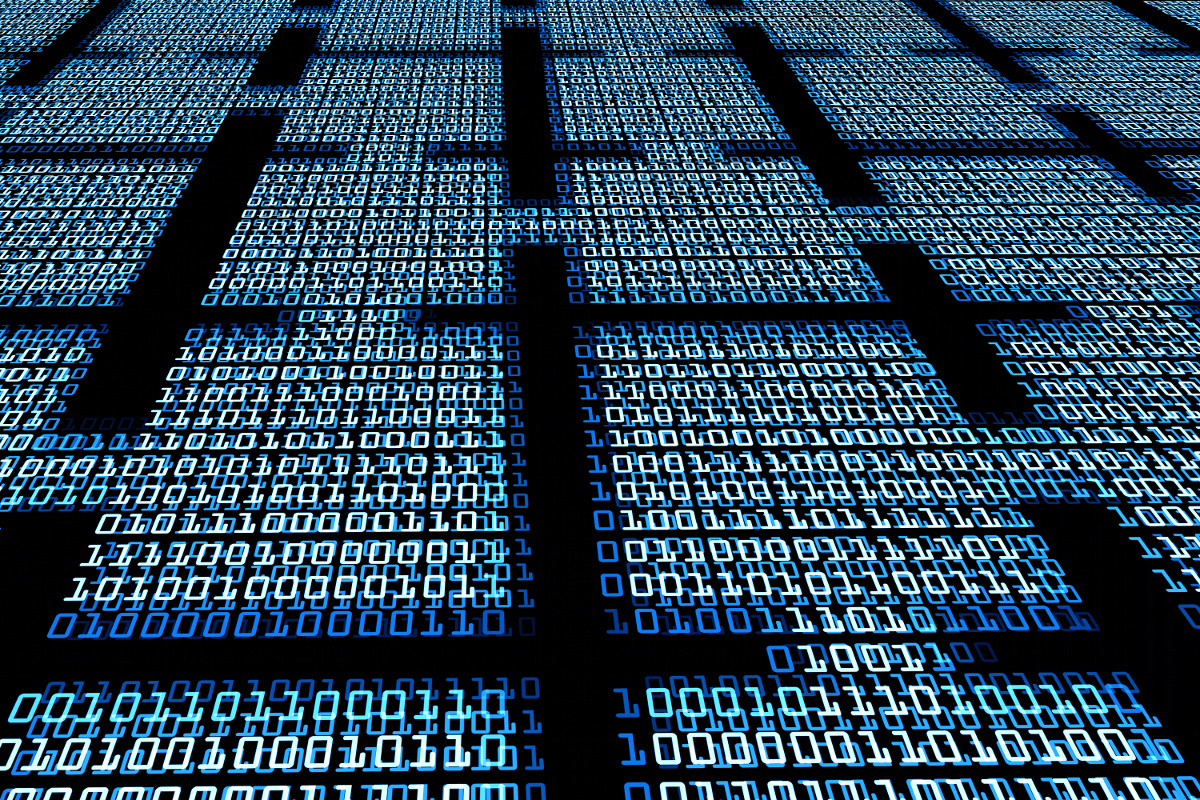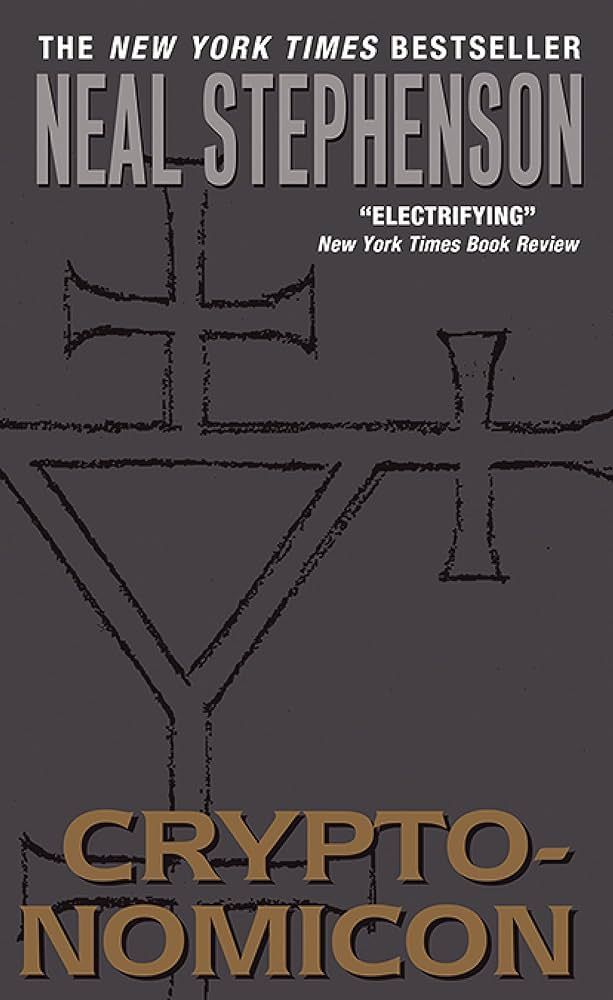Art and Culture
Time to Go Deeper on Blockchain
Blockchain is important because it provides a way to communicate electronically that mimics face-to-face transacting in the physical world.

Blockchain has been getting more attention lately. With the publication of two widely shared articles on the subject, in the Economist in October, one may wonder why is it so important? Blockchain is important because it provides a way to communicate electronically that mimics face-to-face transacting in the physical world. Its implications are massive.
Maybe you’ve heard ‘blockchain’ mentioned in the same breath as ‘Bitcoin’. I had heard of Bitcoin. But until recently I hadn’t given it much thought.
My first experience with electronic currency was at the turn of the millennium in a book of fiction called Cryptonomicon. Fast-forward about a decade and I couldn’t see how a non-government or gold backed currency could ever have any real value. So I didn’t educate myself.
I now know that users of Bitcoin are able to connect directly with each other and exchange the currency. This disintermediates payment systems like VISA, PayPal and SWIFT – there’s no central third-party.
If I want to send a friend bitcoin, I broadcast this message across the protocol. Nodes (computers somewhere) in the network hear about my message of sending bitcoin to my friend and record it. If the message is recorded with a certain level of consensus, then it can be said that my friend has received my bitcoin. The message, along with thousands of other messages, is contained in a lengthening chain of cryptographic functions.
Consensus and cryptography imbue my message with immutability. It can’t be tampered with. My friend and I haven’t had to trust a third-party to ensure the money is delivered safely. We’ve transacted directly, as if we were in front of each other, and I had handed over cash.

Today I currently have a bank account which does electronic funds transfer. The exchange rate for bitcoin is unstable. And the supermarket I shop at doesn’t take bitcoin.
So why should I care?
What changed everything for me was stumbling upon the Ethereum project. Blockchain technology is not just about currency. Ethereum supports decentralised software applications. It is a way for a computer program to exist, be accessed and run, without a server.
If you want to be completely sure that your data cannot be tampered with, you don’t want a central server. You want your data stored on a blockchain. One example “Ðapp” (distributed application), records the votes and resolutions of members of a board. There is no possibility of a dispute about the accuracy of a decision if it has been conferred immutability.
But shouldn’t you just trust the people you are dealing with to do the right thing (and not be corrupt or dishonest)?
Well, that’s not the point. A blockchain transaction removes the need for trust entirely.
In the law, it is said that a contract is only as good as the parties to it. What that means, is that you can have the most meticulously drafted agreement between people, but if one party doesn’t want to perform his or her end of the bargain, there is nothing the piece of paper with the contract written down on it can do. If you want to enforce the contract, you have to go to court. But nobody wants to go to court – court is a last resort. No matter what the contract says, you still have to trust that the other party will perform their end of the bargain.
With blockchain, it’s the opposite, a contract is only as good as the contract itself. Two parties can agree to execute a program and the result is permanently stored in the distributed network. The contract no longer becomes just a set of instructions for the parties to follow. The contract performs the contract. Surely, this is a giant leap forward in the way society operates.

Most of my professional life as a lawyer has involved transactional work. And although I can’t envisage technology taking over every contractual situation, from what I have learned, without the ability to shift into a world where agreements are technologically enforced and for me to be the person who interprets and writes those contracts (instructions for a computer to follow), I face obsolescence.
In a world run on blockchain, lawyers will need to embrace the challenge, as computer language and legal language move towards becoming indistinguishable. And in fact, the disciplines of computer science and law are not too far removed.
Take drafting a will, for example. The wording must be incredibly precise. Every sentence must parse correctly. Every clause must make sense among every other clause.
The law has developed this way because you can’t ask a dead person what his intentions were. If there is any doubt, you must ask a judge to use strict rules of interpretation and come to a decision. Similarly, if your code cannot be parsed, you’ll get an error.
Lawyers have historically operated at a decentralised level. Before the telephone, lawyers in a city would have different designated days on which they would walk around to discuss their matters at other lawyers’ firms.
The decentralised nature of blockchain should not be unfamiliar territory to lawyers. Lawyers inherently know that a decentralised system of creation and modification of rights serves the preservation of a just society much better than central control. The basic unit that allows for this is individual ownership of property. Ownership, as an intangible concept, is eminently suited to being recorded on and dealt with via blockchain.
As far as lenders are concerned, if they can take security for a loan faster and more reliably using blockchain, then we are going to see its widespread use. It is this aspect of the potential of blockchain – the intersection of money with property rights – that makes it credible to me.
As a payment system, blockchain is only an alternative. But as a universal means for defining immutable ownership and dealing in it without any requirement for an elaborate system of trust, blockchain becomes an inevitability.







